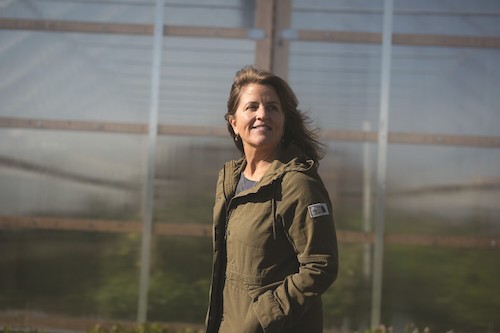Growers of quinoa in Bolivia are using new research and traditional techniques to improve the health of their soil, fight pests, and keep production sustainable in the face of exploding world demand for the grain. In Uganda, smallholder farmers in a hilly watershed that’s prone to erosion are working with the government and NGOs to increase tree planting to keep the soil from slipping away. Women-led grain-processing associations in Burkina Faso, Niger, and Mali are developing nutrient-rich foods that fight malnutrition.
These are just three of many agricultural initiatives in the Andes and Sub-Saharan Africa funded by the Minneapolis-based McKnight Foundation, a family philanthropy best known for its support of the arts, the environment, and community development here in Minnesota. And for 13 years, a U of M alumna raised on a farm in Blue Earth, Minnesota, has been at the helm of the foundation’s work with growers thousands of miles away—collaborating with them and with partner organizations to harvest agricultural knowledge that blends traditional practices, ecological understanding, and social uplift.
In the early 2000s, Jane Maland Cady (M.A. ’86, Ph.D. ’91) was selling fair-trade, natural, and organic products to major retailers, but dreaming of working in philanthropy. In 2007 she told a friend about her ambitions. The very next day, her friend saw a posting for the head of a new division of McKnight, simply labeled “International,” for its worldwide grantmaking programs. McKnight saw the depth of agricultural practice on Cady’s resume and made her an offer.
She would bring together existing agricultural programs in Africa, South America, and Southeast Asia that were running independently. Under her leadership, she gave the newly unified division a basic orientation: agroecology, the promotion of farming practices that are sustainable and healthy for the planet. This focus includes concern for the empowerment of small-scale farmers and allied workers, particularly women, in East, South, and West Africa and the Andes. (The Southeast Asia program was phased out in 2020.)
